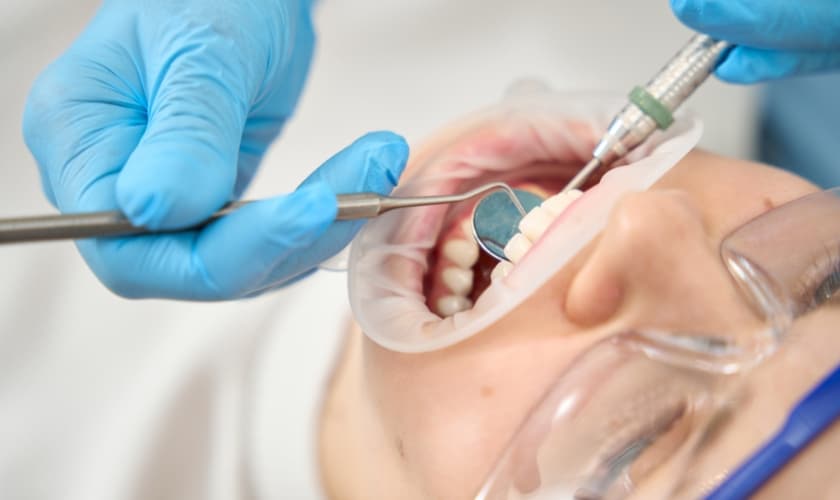In the realm of modern dentistry, dental implants have revolutionized the way we approach tooth replacement. Whether you’re missing one tooth or several, implants offer a durable, natural-looking solution that enhances both function and aesthetics. This guide aims to provide you with a thorough understanding of dental implants, covering everything from the basics of the procedure to post-operative care and maintenance.
Types of Dental Implants
1. Endosteal Implants
Endosteal implants are the most common type, directly placed into the jawbone. They typically resemble small screws, cylinders, or plates and provide a sturdy base for artificial teeth.
2. Subperiosteal Implants
Subperiosteal implants are positioned on top of the jawbone but beneath the gum tissue. They are used when there is insufficient natural bone height or when the patient cannot undergo a procedure to rebuild the bone.
The Dental Implant Procedure
The process of getting dental implants involves several steps:
- Initial Consultation: Assessment of your oral health, including X-rays and impressions.
- Implant Placement: Surgically placing the implant into the jawbone.
- Osseointegration: Healing period during which the implant fuses with the jawbone.
- Abutment Placement: Attaching a connector to the implant to hold the artificial tooth.
- Artificial Tooth Placement: Placement of the crown, bridge, or denture on the abutment.
Benefits of Dental Implants
- Natural Look and Feel: Implants closely resemble natural teeth in both appearance and function.
- Durability: With proper care, implants can last a lifetime.
- Preservation of Jawbone: Implants stimulate bone growth and prevent bone loss.
- Improved Oral Health: Unlike bridges, adjacent teeth are not altered to support the implant.
Eligibility for Dental Implants
Ideal candidates for dental implants generally have:
- Sufficient bone density in the jaw to support the implant.
- Healthy gums and overall good oral health.
- Commitment to maintaining oral hygiene and regular dental visits.
Cost of Dental Implants
The cost of dental implants can vary widely depending on factors such as:
- Number of implants needed.
- Type of implant and material used.
- Additional procedures (e.g., bone grafting).
- Geographic location and dentist’s expertise.
Caring for Dental Implants
Maintaining oral hygiene is crucial to the longevity of dental implants. Here are some tips:
- Brush and floss regularly.
- Avoid smoking and excessive alcohol consumption.
- Visit your dentist for routine check-ups and professional cleanings.
Potential Risks and Complications
While dental implants have a high success rate (around 95%), complications can occur, including infection, nerve damage, or implant failure. These risks can often be minimized by choosing a skilled implant dentist and following post-operative care instructions diligently.
Dental implants represent a significant advancement in dental technology, offering patients a reliable and long-term solution to missing teeth. Whether you’re considering implants for yourself or a loved one, understanding the procedure, benefits, and costs is essential. Consultation with a qualified dental professional can provide personalized insights and guidance tailored to your specific needs.
FAQs
- How long do dental implants last?
Dental implants can last a lifetime with proper care and maintenance. - Are dental implants painful?
The procedure is typically performed under local anesthesia, so discomfort during the procedure is minimal. Some soreness or swelling may occur post-surgery, which can be managed with medication. - What is the success rate of dental implants?
Dental implants have a success rate of approximately 95%, making them a reliable option for tooth replacement. - Can anyone get dental implants?
While most people with good general and oral health are candidates, factors like bone density and overall health may affect eligibility. Your dentist will evaluate your specific case. - Are dental implants covered by insurance?
Some dental insurance plans cover a portion of the cost of implants. It’s best to check with your provider to understand your coverage options. - What are mini dental implants?
Mini implants are smaller in diameter than traditional implants and are used in cases where there is minimal bone structure. They are often used to stabilize dentures.





